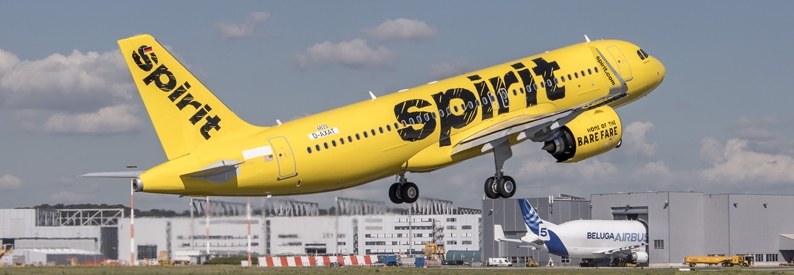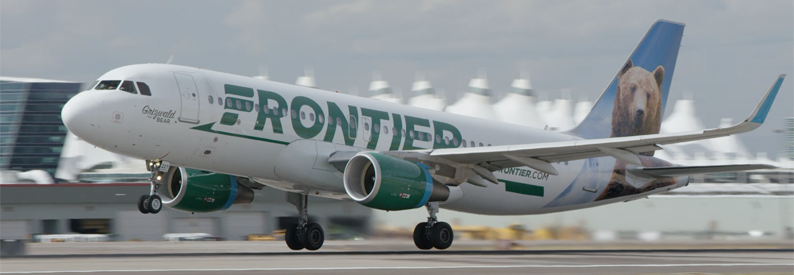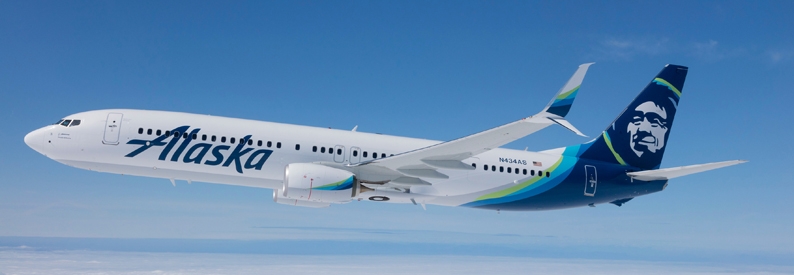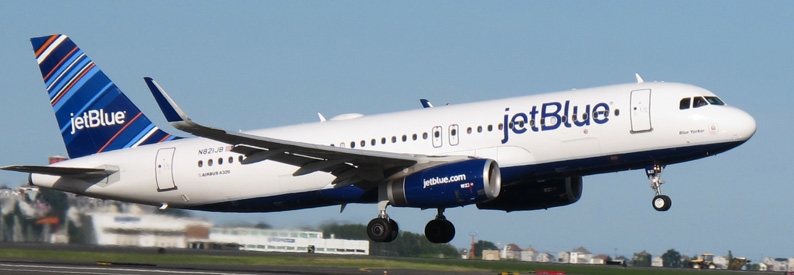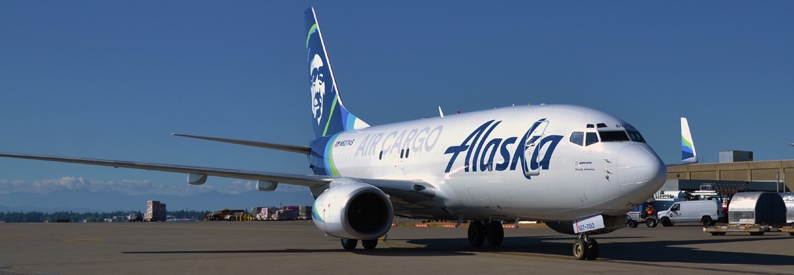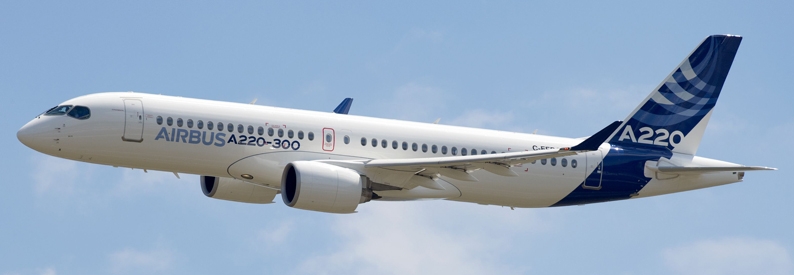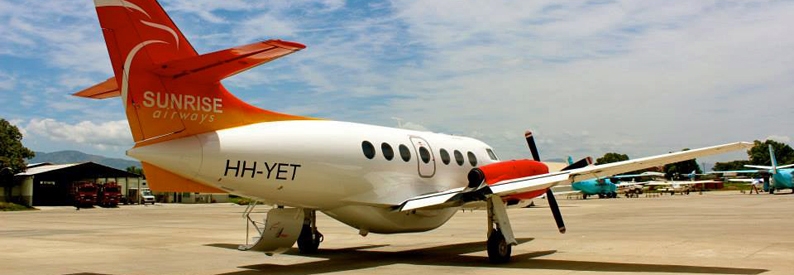The Cuban government has begun granting US carriers official permission to resume regular passenger flights to the Communist-run island for the first time in over fifty years.
The official Agencia Cubana de Noticias (ACN) news agency reported earlier this month that American Airlines has been authorized to start double-daily return flights from Miami International to each of Holguin, Santa Clara de Cuba, and Varadero and daily fights from Miami to Camagüey and Cienfuegos.
JetBlue Airways, on the other hand, has been given the official nod to start its 3x weekly Fort Lauderdale International-Santa Clara de Cuba return service on August 31. Permission for its proposed Fort Lauderdale to Holguín and Camagüey services in November has yet to be granted, however.
Following the recent thaw in US-Cuba relations, the US Department of Transportation has provisionally designated a total of eleven carriers to operate scheduled passenger and cargo services between the two former foes including: Alaska Airlines; American Airlines; Delta Air Lines; Frontier Airlines, jetBlue Airways, Southwest Airlines, Spirit Airlines, United Airlines; Sun Country Airlines; Silver Airways; and FedEx Express.
For its part, Cubana has yet to outline any of its proposed US services given that Cuba has yet to undergo a US Federal Aviation Administration (FAA) International Aviation Safety Assessment (IASA) let alone secure the mandatory Category 1 rating needed to start flights.
Despite the gradual resumption of diplomatic relations, the US government still maintains a general trade embargo against Cuba which includes a ban on travel to the island for purposes of tourism.
US citizens must therefore complete an affidavit certifying they are going to Cuba for one of the following approved categories of travel which include: family visits; official business of the US government, foreign governments, and certain intergovernmental organizations; journalistic activity; professional research and professional meetings; educational activities; religious activities; public performances, clinics, workshops, athletic and other competitions, and exhibitions; support for the Cuban people; humanitarian projects; activities of private foundations or research or educational institutes; exportation, importation, or transmission of information or information materials; and certain authorized export transactions.

